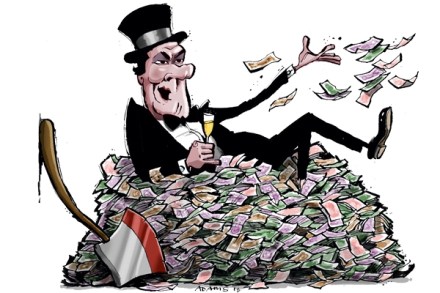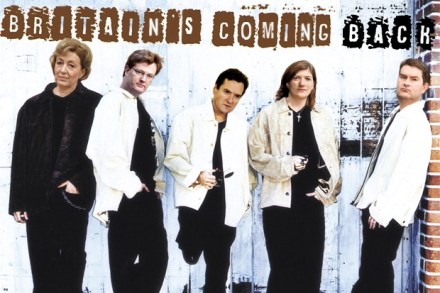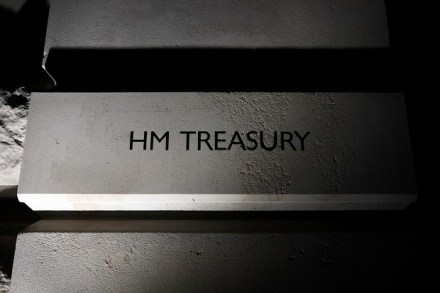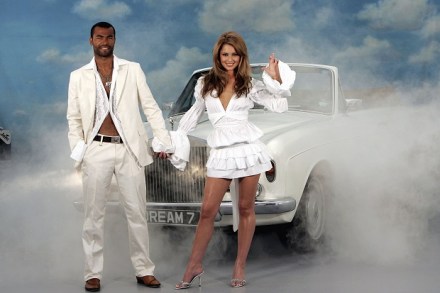Jeremy Vine and the truth about government spending
Those who complain about the BBC (myself included) usually only refer to a small part of a massive and divergent operation. Nicky Campbell on Radio 5 is just superb – not a hint of bias in any of his breakfast show. Jeremy Vine, too, is pretty fair and balanced. He has just ran a report on the truth about public spending, asking if we are being deceived about debt. I was invited on to talk about it, as was Sir Simon Jenkins (who wrote about spending in the Guardian here). Our exchange, and the BBC package, can be heard here. listen to ‘Fraser Nelson and Simon Jenkins discuss the deficit’ on




















